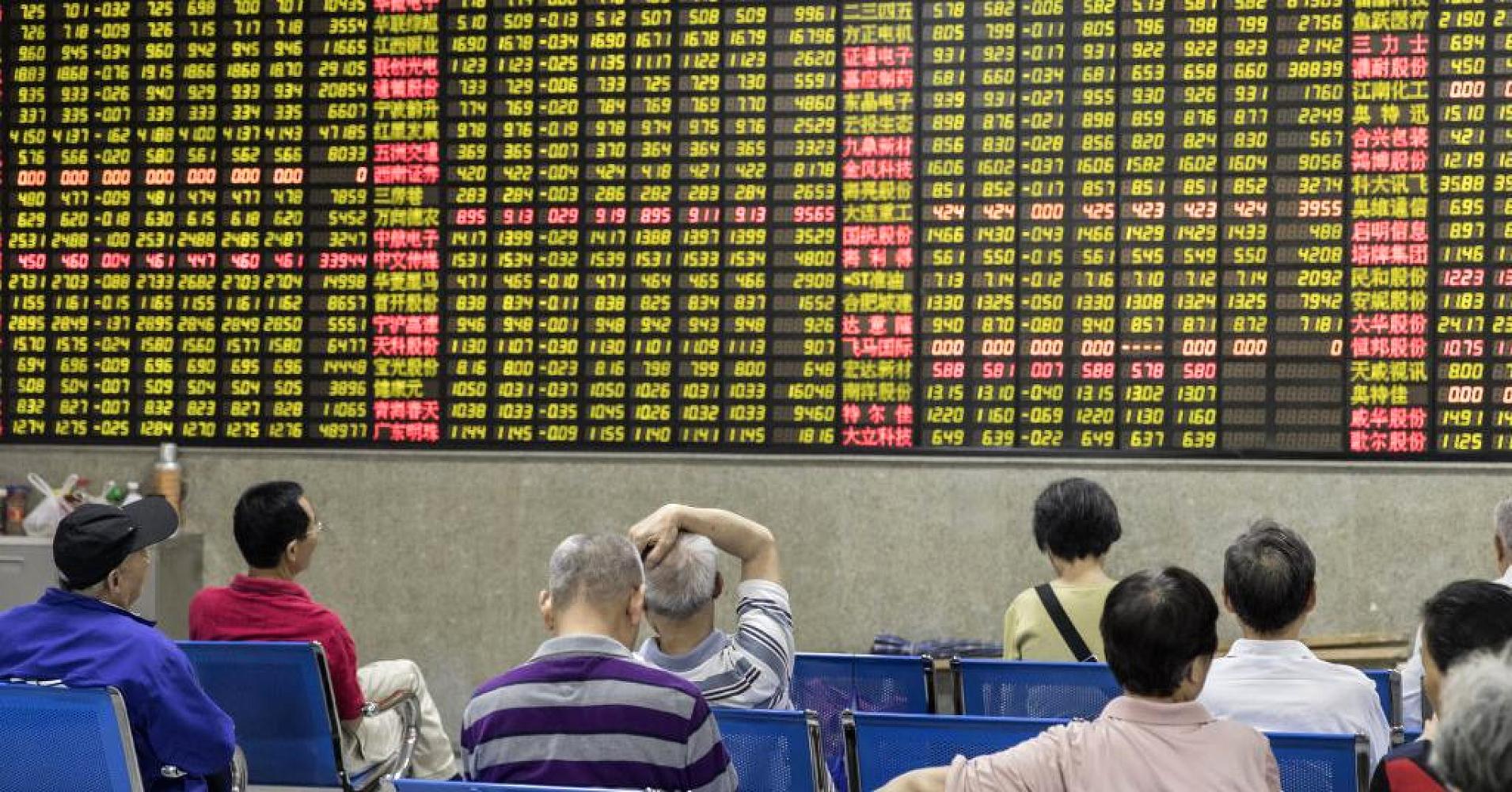Close to 230 China A shares debuted on index provider MSCI’s emerging markets benchmark on Friday, a move investors expect will attract billions of dollars in inflows to the mainland market.
The partial inclusion of the A shares — yuan-denominated stocks traded on the mainland — to MSCI’s Emerging Markets Index takes place in two phases, with the second step only coming in August.
Among the names included were a mix of financials, consumer and developer names such as Kweichow Moutai, which makes premium liquor; BYD, an electric vehicle manufacturer; China’s largest lender Industrial and Commercial Bank of China and Ping An Insurance.
ZTE, the telecommunications equipment company currently banned from purchasing U.S. technology, and four other names were not added, MSCI said earlier in the week.
Upon completion of initial A shares inclusion, China’s proportion of the index — which currently includes shares of Chinese companies listed in Hong Kong — will stand at 31.3 percent. Full inclusion would see A shares account for 16 percent of the index and China making up 42 percent of the index.
Friday’s inclusion, however, failed to buoy sentiment in greater China markets, which slipped in afternoon trade: The Shanghai composite declined 0.53 percent and the smaller Shenzhen composite fell 0.9 percent. Hong Kong’s Hang Seng Index was lower by 0.17 percent.
The dip came after more than 1 percent gains on benchmarks in Hong Kong and on the mainland in the last session.
The move is seen as an important symbolic one, even though the roughly $22 billion in capital inflows expected to go into A shares is seen as a drop in the bucket compared to the size of China’s domestic market.
“The quantum of dollars right now is relatively small … but what it does is it starts a process that will include China A shares as a bigger and bigger component of this very important benchmark over time,” Jon Howie, head of equity index strategy at BlackRock, told CNBC’s “Squawk Box.”
Although the move will have a limited impact on the A share market, it was still an extremely significant step in the opening-up process of China’s capital account, said Haibin Zhu and Karen Li, J.P. Morgan’s chief China economist and head of China equity research, respectively.
“China’s equity market now officially enters the global space,” the J.P. Morgan analysts said in a note.
A full inclusion in the future would also suggest more changes on the horizon for the mainland market.
“Certainly if you get up to full weighting, then it’s going to be a very different emerging markets index, but you would think also it’s going to be a very different China as well,” said Fraser Howie, an independent analyst.
“Ultimately, MSCI is agnostic on the stocks to a large extent, they’re looking at them for structure: Can I get my money in and out? Is it safe to invest? Have I got some degree of investor protection? And if you’re at 100 percent, then China’s really opened up in quite a dramatic way,” he added.
But even though the event, which was some five years in the making, “could change the face of EM investing,” concerns over issues such as market intervention and capital controls have persisted.
“Of course there are some issues remaining. Trading suspension is one of the issues, there is also potentially a CNH (off-shore yuan) issue. But the process is very progressive,” said Frank Benzimra, head of Asia equity strategy at Societe Generale.
He added that MSCI’s decision to give A shares the thumbs up after three years of rejecting them meant that some efforts to rectify issues had been taken by Chinese regulators and exchanges.
“Liquidity risk and market intervention, unfortunately, would be part and parcel of investing in A shares at this stage,” Pruksa Iamthongthong, senior investment manager at Aberdeen Asset Management Asia, told CNBC’s “Street Signs.”
Still, as more institutional investors participate in the market and as regulators deal with new rules, things could “become more conventional” in the future, Iamthongthong said.
— CNBC’s Evelyn Cheng contributed to this report.
Link to the source of information: www.cnbc.com


 Signal2forex.com - Best Forex robots and signals
Signal2forex.com - Best Forex robots and signals




